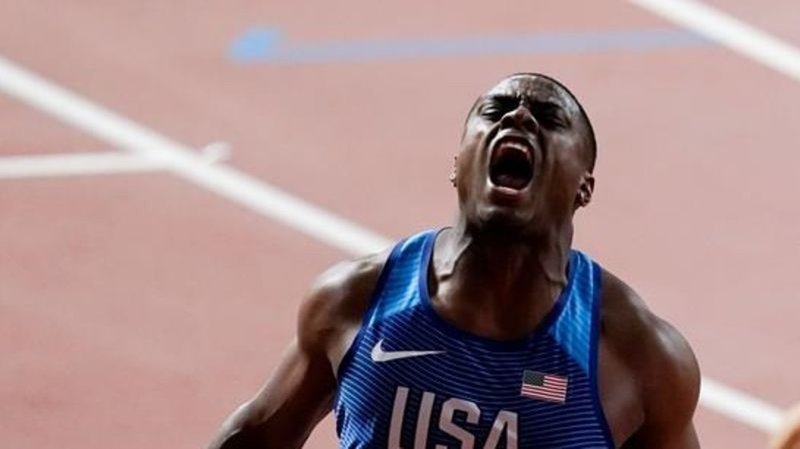
World champion Coleman banned 2 yrs; to miss Tokyo Olympics
MONACO — Men’s 100-meter world champion Christian Coleman was banned for two years on Tuesday and lost his chance to succeed Usain Bolt as the fastest man at the Olympic Games.
Track and field’s Athletics Integrity Unit said it banned the American sprinter for two years, until May 13, 2022, because of three violations of doping control rules.
Coleman missed two visits by sample collection officials and failed to file correct information on another occasion, all in 2019 — the year he won his first world title.
“We see this case as involving behaviour by the athlete as very careless at best and reckless at worst,” the three-person judging panel said in its published ruling.


